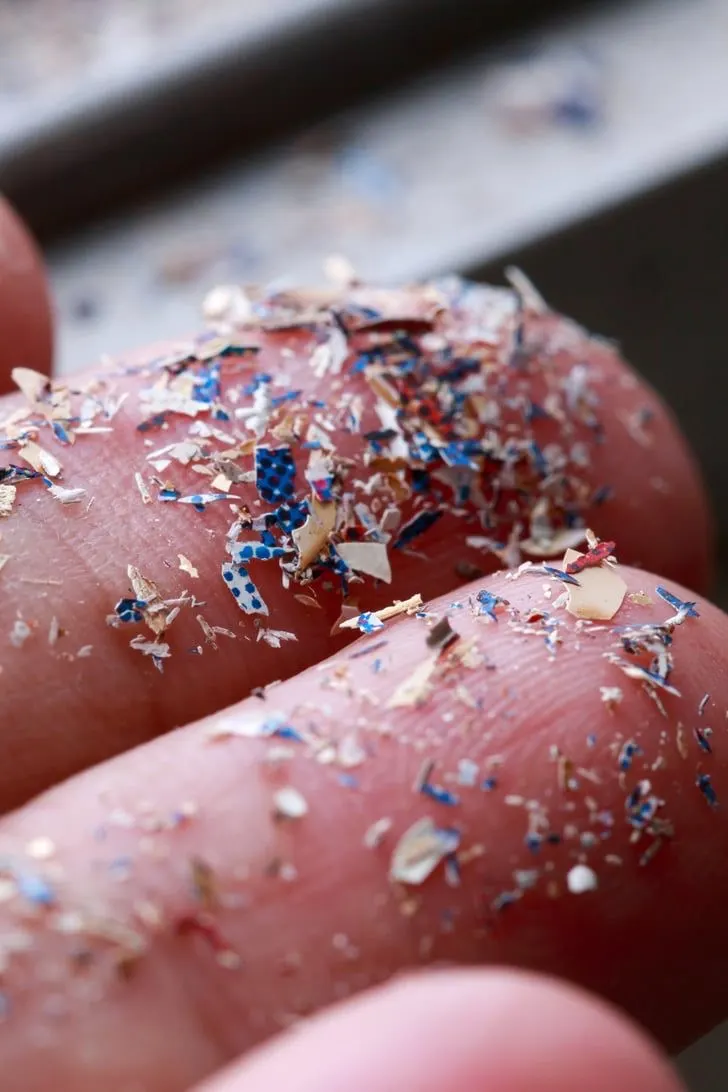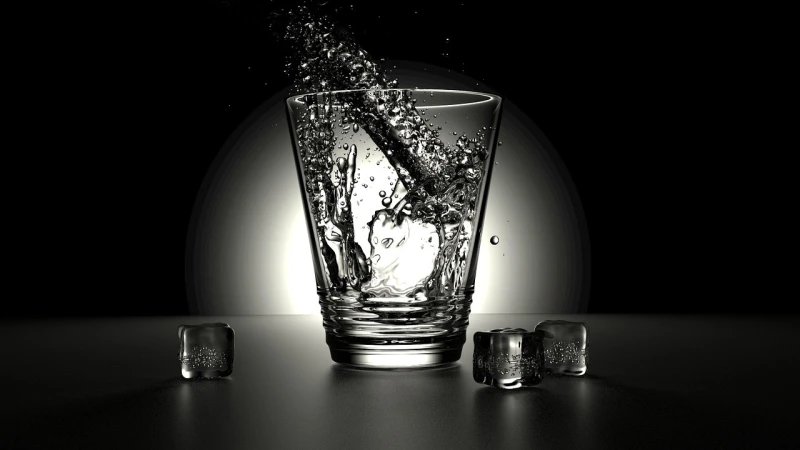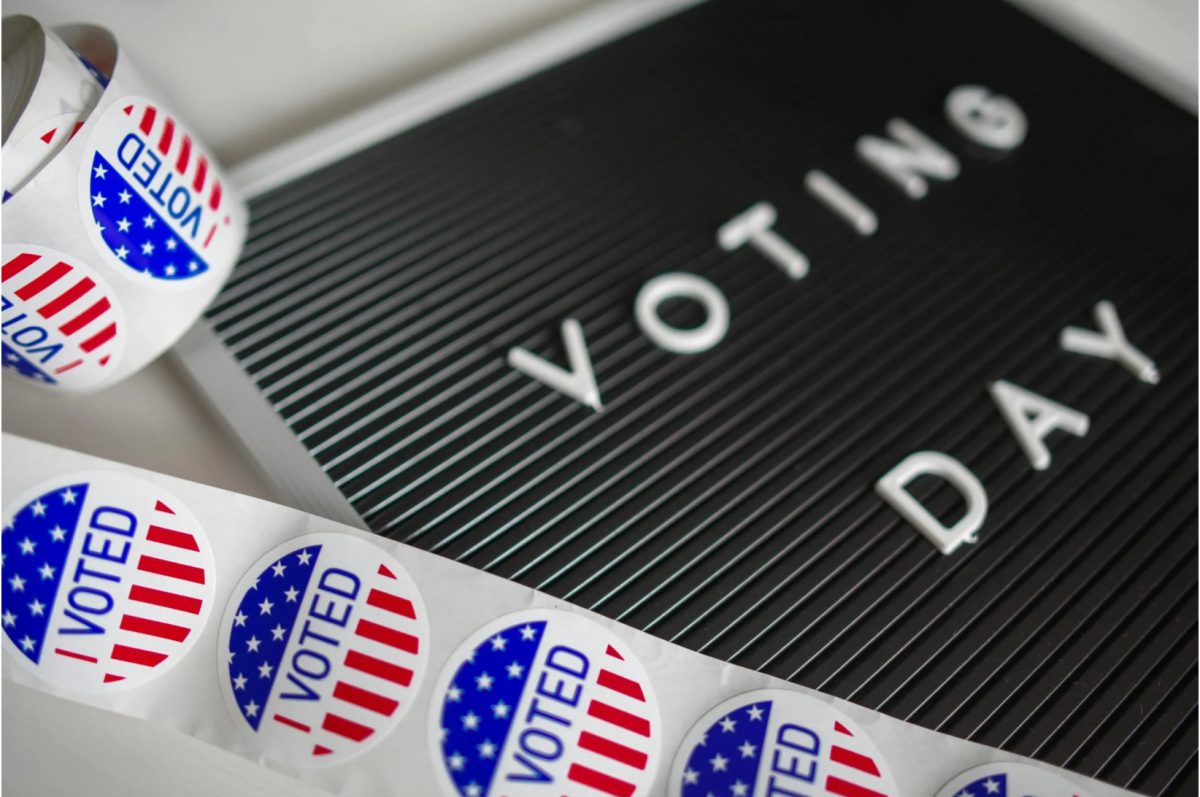Don’t grab that glass of water! It’s way too cold and it’s winter, so why drink it? Most of America is obsessed with any sort of cold beverage. Although you may be tempted to quench your thirst with a cold drink, and 79% of people agree with you that drinking ice cold water feels good, the question arises if it’s beneficial to your health.
For me, I prefer to drink water at room temperature or warm. Even though it sounds gross, many scientists agree with this statement, claiming that warm water is more beneficial for your overall health. This includes very minuscule things such as your body’s comfort to more serious issues like the well-being of your digestion or even breathing and swallowing.
For those who still enjoy a refreshing glass of ice-cold water, is it worth it for that satisfying “ah” feeling?
Ow, My Head!
Everyone has had headaches that occur without a clear cause or simply no trace. However, what you have been sipping could be the trigger.
A 2001 study conducted by the Sage Journals involving 669 women makes the connection between the intake of cold water and headaches. With this study, 7.6% of women recorded having headaches after an intake of 150 milliliters of cold water. However, within this percentage, the majority of them were people who had migraines. Therefore, those with migraines are twice as likely to experience headaches from the ingestion of cold water.
Toothaches
It is a painful sensation when cold water hits your teeth and no one wants that. For those with pre-existing gum disease, excessive plaque, and other conditions, drinking cold water worsens the immediate painful sensation of cold water. Because all of these conditions allow for nerves to be more sensitive, this doesn’t mix well with cold water.
Nasal Mucus Thickening
The National Library of Medicine‘s (NIH) data supports that drinking colder water increases nasal mucus thickening. This is due to the cold water restricting blood vessels in the nose. The low blood flow in this area leads to a chain of events which decreases your immune system’s ability to fight off viruses, leading to an increase in nasal mucus.
Increased Blood Pressure
In the USA where almost half the adult population (119.9 million people according to the Center for Disease Control) have high blood pressure and this continues to be a rising issue, it is not the best idea to consume cold water.
A 2022 study released by the NIH found that drinking cold water temporarily increases blood pressure. Again, as cold water restricts blood vessels, it contributes to an increase in blood pressure.
While the temptation of a refreshing gulp of ice-cold water is undeniable, the potential health drawbacks are sobering. On the other hand, there is much more research supporting the other spectrum, drinking warm water.
Achalasia Relief
According to John Hopkins Medicine, achalasia is defined as a “rare swallowing disorder that affects the esophagus.” Those with achalasia have lower esophagus (LES) that are unable to relax to pass food into the stomach.
Yet, drinking cold water worsens these symptoms (Journal of Neruogastrology and Motility). In contrast, the NIH study of male achalasia patients found that drinking hot water relieves pressure in the LES. This ultimately lets the muscles there relax and allow food to pass through more easily.
Soothing Digestion
However, the health benefit from warm water can apply to anyone, even those who do not suffer from achalasia. The NIH’s 2016 study on the effects of drinking warm water discovers that it overall aids intestinal movement. Therefore, making digestion a smoother process. Additionally, it is also recommended that those who have had surgeries, such as a laparoscopic cholecystectomy, drink water at higher temperatures as this will put less stress on the intestinal area.
Fighting Fire with Fire
Even though it sounds contradictory, drinking hot or warm water will help your body on the sunniest days. According to a study conducted by the University of Ottawa, drinking warm water cools your body internally due to the increased production of sweat. Because sweating is a natural process to cool ourselves, drinking warm water helps with the production of sweat and rehydrates. However, drinking warm water is only effective if you haven’t started sweating yet and only on both hot and humid days.
Conclusion
It is beyond evident that the temperature of drinking water is more than a personalpreference, but a matter of health and safety. Furthermore, comprehensive research sheds light on the impacts of this seemingly harmless practice. Regardless of what temperature of water you drink, please stay hydrated.






























